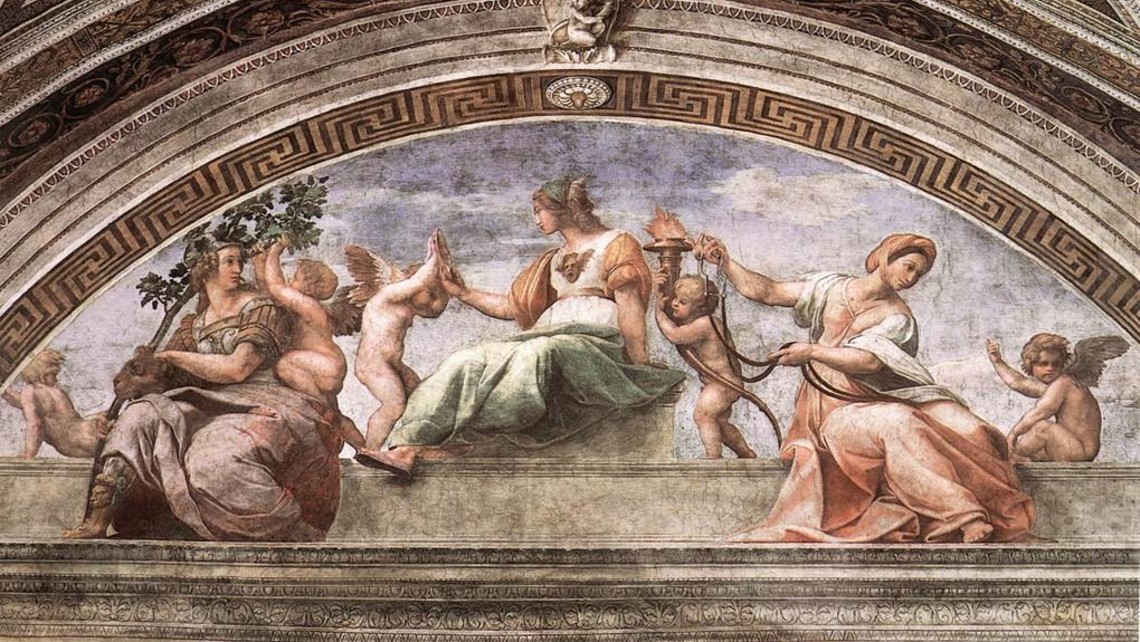
Fortitude is the habit of being courageous in all circumstances. It means nothing other than the willingness to suffer harm and even death for the sake of the truth and for the sake of acting for authentic human goods. It ensures that we can overcome challenges to pursuing the good, and it helps us to be firm and consistent in facing evils, when necessary, to pursue integral human goods. As with all of the virtues, it is necessary to build it as a virtue because evil entered into the world with the fall of Adam and Eve. We discussed the opposing vices in our discussion of prudence (cowardice and foolhardiness). These vices have to be faced and overcome if we are to build fortitude. St. Thomas Aquinas says that fortitude serves to keep one from being deterred by fear of bodily harm, from pursuing authentic human goods that one’s reason has identified as to be pursued. Therefore, the habit of fortitude binds the will firmly to right reason in the face of the greatest evils.
A moment’s reflection will reveal that one will not make much progress in the other virtues without making similar progress in one’s courage. If fear is the devil’s first weapon of choice, fortitude is a sine qua non for any development in self-mastery and for defense against the devil’s temptations. Fortitude must be nurtured in two manners. One must have courage in situations which demand a momentary, but difficult response. This can be done by focusing on one’s love for Jesus Christ, on love for one’s loved ones, and stirring up emotions associated with one’s heroic love for them. However, we also must develop our capacity for enduring fortitude over long periods of trial. These can bring additional challenges, such as fatigue and despair of ever being relieved of one’s trial. Therefore, additional capabilities that must be cultivated for such enduring courage which include patience, trust in God’s providence, docility, and humility, and charity.
How does one build fortitude? By being courageous. Building moral virtues is very much like developing any capacity. It is best done by starting small and building the abilities over a period of time. This is true with intellectual capabilities, with skeletal-muscular strength, with aerobic capacity, with muscle memory skills, and pretty much any other aspect of the human person. This makes sense because we are unities of body-soul. Intellectual, moral and supernatural virtues all follow this pattern. It will be helpful to start with an examination of conscience to identify areas of your life in which you fail to do what you know you should be doing. Begin with areas in which one can more easily overcome fear of consequences in order to do what you know to be the right thing. You can build up the ability to overcome increasingly difficult challenges by using this method of developing natural fortitude. However, one can also cooperate with grace using the same process as we discussed for justice. This can also prepare one to receive the gift of supernatural or infused fortitude, which will permit one to exercise courage beyond any purely human capacity.




